Table of Contents
What Are Calories?
A calorie is the amount of heat needed to raise the temperature of 1 gram of water by 1°C (NIH). The number of calories your body burns during physical activity depends on several factors, including:
- Body size
- Age
- Activity intensity
A balanced diet is key to maintaining the right energy balance — meaning the calories you consume equal the calories you burn through daily activities and bodily functions (CDC).
Daily Calorie Needs by Age & Gender
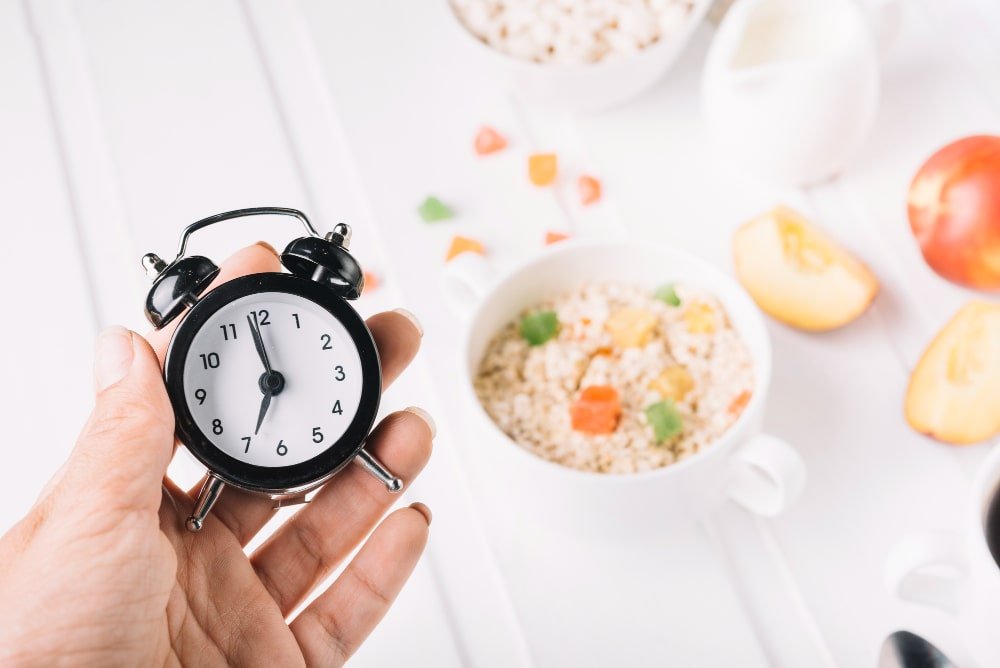
Knowing your Total Daily Energy Expenditure (TDEE) is the first step toward achieving and maintaining a healthy weight.
| Group | Sedentary | Active |
|---|---|---|
| Adult Women | 1600–2000 | 2000–2400 |
| Adult Men | 2000–2400 | 2600–3000 |
| Young Children | 1000–2000 | — |
| Teens & Older Children | 1400–2400 | 2800–3200 |
Tip: As you age, your basal metabolic rate (BMR) naturally decreases, meaning you burn fewer calories at rest.
How to Burn an Extra 500–1000 Calories Daily

There are two main approaches:
- Reduce calorie intake
- Increase physical activity
1. Cutting Calories
Reducing 500 calories/day = ~0.5 kg (1 lb) weight loss per week (Mayo Clinic).
Reducing 1000 calories/day = ~1 kg (2 lbs) weight loss per week.
| Calorie Deficit | Approx. Weekly Weight Loss |
|---|---|
| 500 calories/day | 0.5 kg (1 lb) |
| 1000 calories/day | 1 kg (2 lbs) |
2. Exercise for Calorie Burn
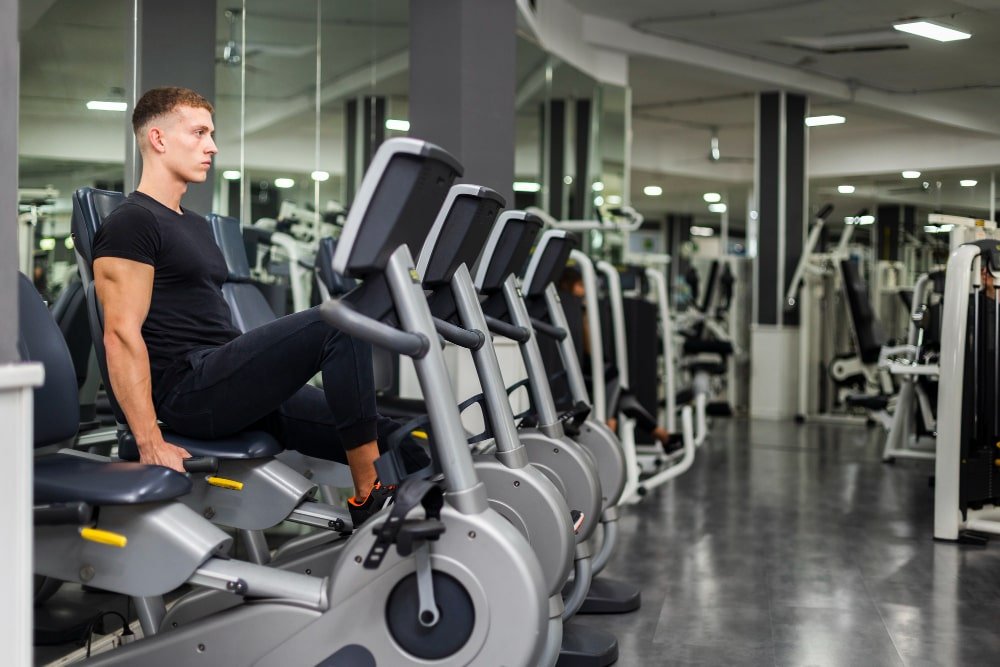
| Exercise Type | 57 kg | 70 kg | 84 kg |
|---|---|---|---|
| Running (fast) | 652 | 808 | 965 |
| Cycling | 480 | 596 | 710 |
| Jump Rope | 453 | 562 | 671 |
| Aerobic Dance | 396 | 492 | 587 |
| Swimming | 396 | 492 | 587 |
| Jogging | 396 | 492 | 587 |
| Hiking | 340 | 420 | 503 |
Pro tip: Combining strength training with cardio maximizes calorie burn because muscle mass burns more calories than fat, even at rest.
Boosting Your Metabolism Naturally
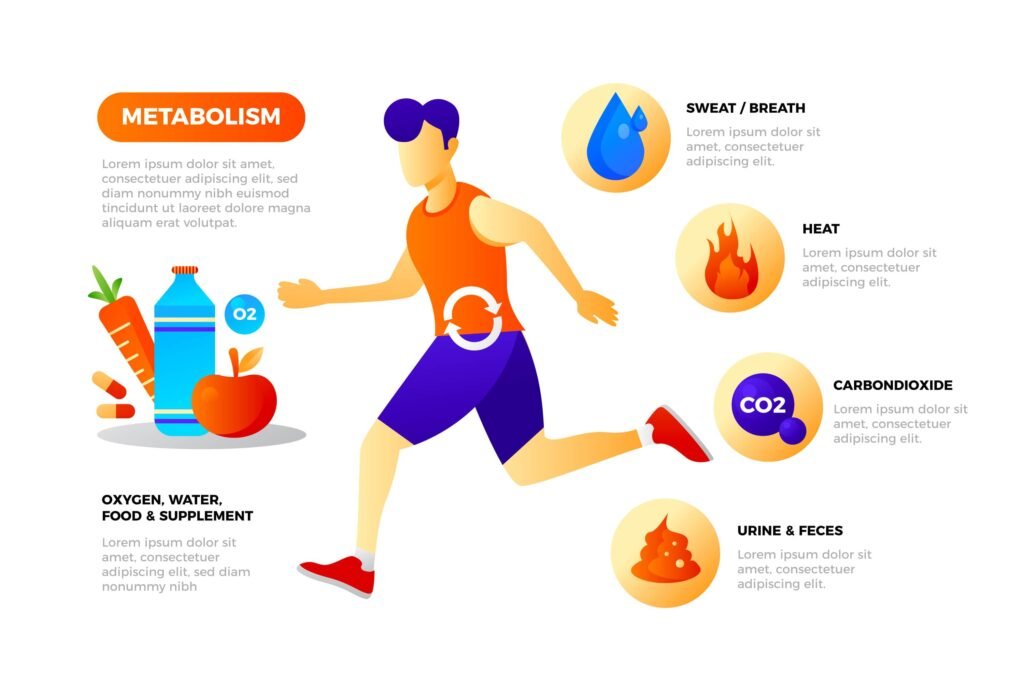
Factors that affect metabolism:
- Muscle mass → More muscle = higher calorie burn
- Age → Metabolism slows with age
- Gender → Men generally burn more calories than women
- Genetics → Influences muscle growth and metabolic rate
Foods That May Support Metabolism
- Green tea (PubMed)
- Coffee
- Spicy foods (capsaicin)
- Certain energy drinks (use with caution)
Safety Warning
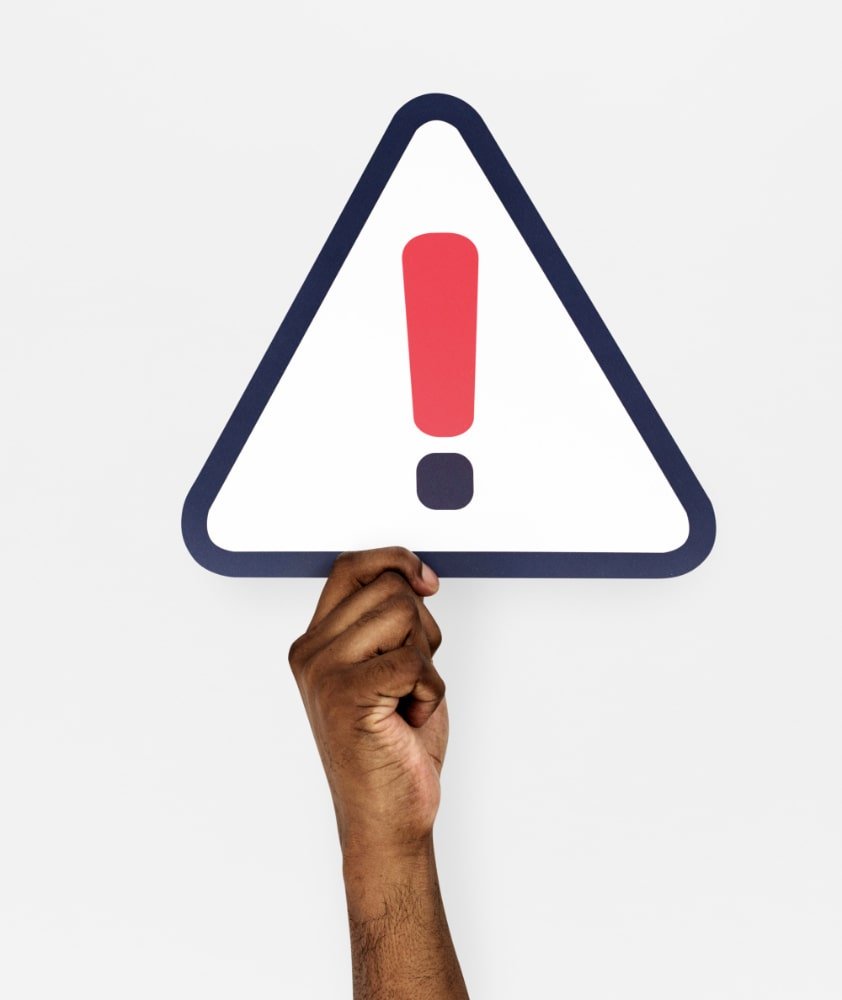
Burning 2000 extra calories/day is generally unsafe for the average person and is mostly recommended for athletes under supervision. Instead, aim for smaller, consistent calorie burns spread across the week.
FAQs
Q1: How many calories should I burn to lose 1 kg of fat?
A: About 7700 calories in total (or 1100/day for a week).
Q2: Is it bad to cut 1000 calories per day?
A: It depends. For some, it’s safe short-term; for others, it may cause fatigue and nutrient deficiencies. Always consult a nutritionist.
Q3: Can I lose weight without exercise?
A: Yes, by creating a calorie deficit through diet alone — but combining diet and exercise is more effective and supports muscle retention.


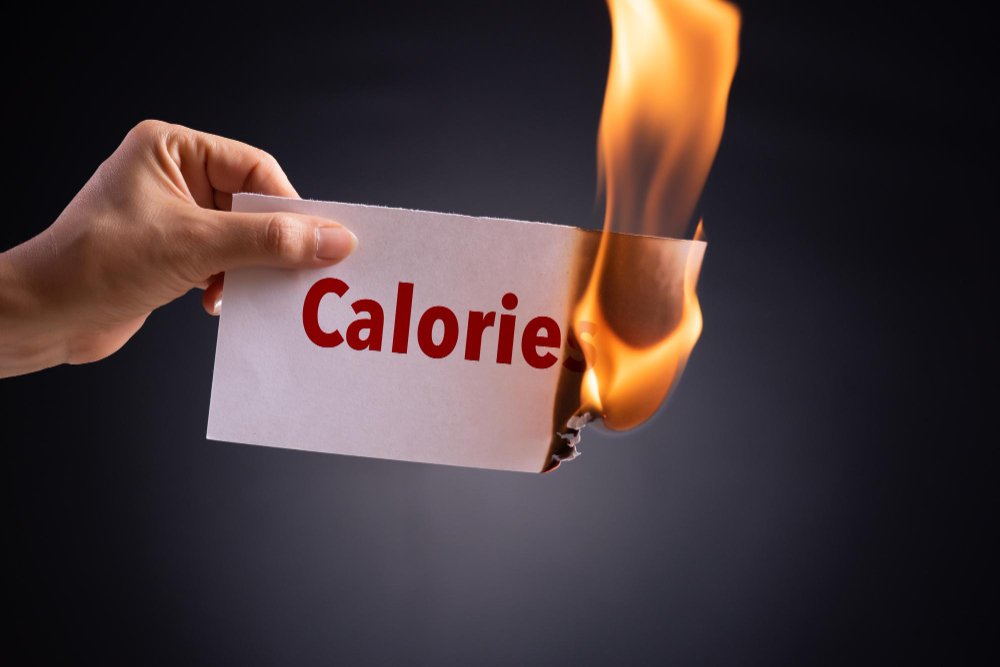
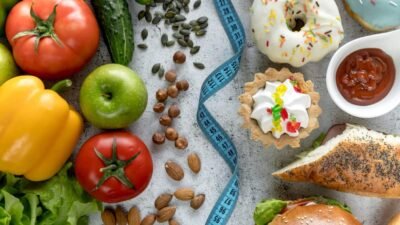


[…] How to Burn 500–1000 Extra Calories a Day: Complete Guide with Tips & Science […]
[…] How to Burn 500–1000 Extra Calories a Day: Complete Guide with Tips & Science […]